

Posted: March 22, 2024
Fluorine is one of the halogens, and is very chemically reactive. It needs careful handling as it can explode when it comes into contact with most elements. In fact, fluorine

Posted: February 23, 2024
If you are studying GCSE science you will need to revise moles and calculations. But before you start working, check out some of these weird and wonderful science facts. For
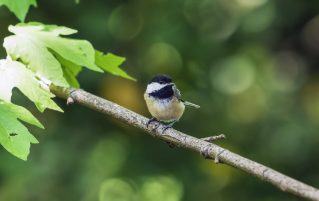
Posted: January 26, 2024
Factors and multiples are common terms used in your Maths lessons, and you need to know how to work with them. But, before you start revising, have you ever wondered

Posted: January 19, 2024
If you jump out of a plane, you will accelerate towards the Earth for a while. The speed at which you fall will eventually even out as a result of

Posted: January 12, 2024
You will have heard of diffusion, osmosis and active transport in your science lessons. They describe the different ways particles move from one place to another. But before you start

Posted: January 5, 2024
If you don’t like learning about fractions, you would have been happy in Maths lessons centuries ago! Fractions as we use them today did not exist in Europe until the

Posted: December 22, 2023
The science we learn at school, including Newton’s Laws, tell us that it is impossible for Santa to deliver presents to all the children in the world! Imagine the speed

Posted: December 15, 2023
There are about 700 enzymes active in the human body, some of which we need to digest our food. If only Santa Claus had a few more – he is

Posted: December 8, 2023
Protein synthesis is very important. The human body contains about 100,000 different types of protein. The body needs protein to grow, heal, and carry about nearly every chemical reaction in
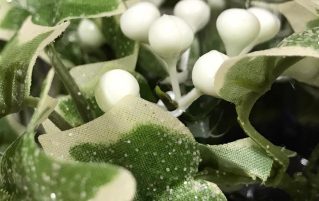
Posted: December 1, 2023
Plants are vital for life – without photosynthesis taking place, we would all be very hungry. And we would miss out on all those sprouts with our Christmas dinner! However,

Posted: November 24, 2023
With New Year fast approaching, and Bonfire Night just behind us, it is the time of year for plenty of firework displays. But have you ever wondered how this links

Posted: November 17, 2023
As it is getting closer to Christmas, before you start revising all about DNA, why not find out more about reindeer! Have you ever wondered about where reindeer came from?

Posted: November 10, 2023
Electrolysis uses electricity to separate chemicals, you will have learned all about it in your science lessons. But how much do you actually know about electricity! Why not have a
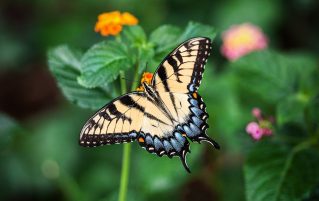
Posted: November 3, 2023
You will have learned all about shapes and symmetry in your Maths lessons. But, have you ever thought about symmetry in animals? Most animals display some sort of symmetry. This
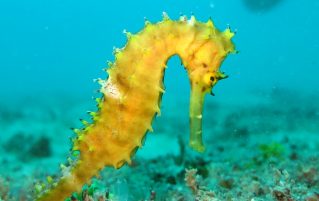
Posted: October 27, 2023
The menstrual cycle is very important as it prepares the body for pregnancy. But before you start revising all about the hormones which control it, why not find out how

Posted: October 20, 2023
One of the required practicals for your physics exams is all about waves. But before you start revising, why not learn a little more about water waves and the sea.
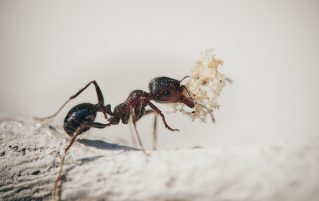
Posted: October 13, 2023
One of the required practicals you need to revise if studying GCSE Chemistry is all about neutralisation. However, before you start learning all about it – why don’t you find
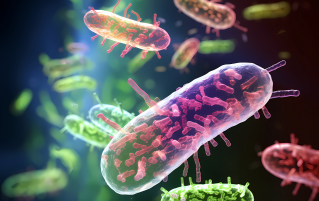
Posted: October 6, 2023
Before you start revising some of the required practicals in your GCSE’s, one of which investigates preventing bacterial growth – have a look at how useful bacteria can be. When
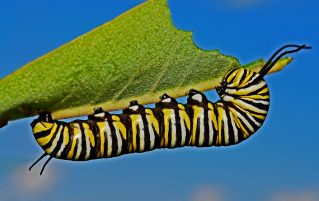
Posted: September 29, 2023
Plants have some amazing ways of surviving – and the adaptations of their leaves are very important in their survival. All plants need water, but too much water can be

Posted: September 22, 2023
“What is the point of the quadratic formula?” has been asked in many classrooms around the world. Apart from helping you solve quadratic equations, which you need to be able

Posted: September 15, 2023
Not everyone is a fan of algebra. If you struggle with it, why not have a relax and maybe a few laughs (or groans!) at some of these mathematical jokes

Posted: September 1, 2023
Algebra can seem confusing – as you are using letters as well as numbers. But before you start revising – have a look at some fun facts about words. Did

Posted: August 25, 2023
Eukaryotic cells can look very different from each other, depending on what their function is. Cells will become specialised, have a wide range of different jobs, and behave in many
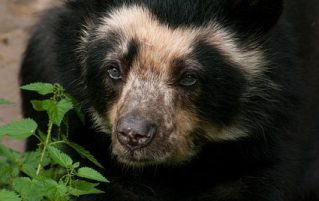
Posted: August 18, 2023
An important part of homeostasis is to control our blood sugar levels. But is it just humans who like sweet things? Many humans have a sweet tooth, and some say
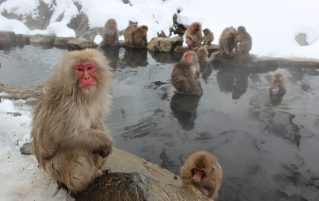
Posted: August 11, 2023
Homeostasis is the regulation of conditions in the body, such as temperature. Unlike us, animals are not able to curl up under a blanket with a hot water bottle when

Posted: August 4, 2023
The study of genetics is fascinating, and there are some very rare and unusual genetic diseases and disorders. Mutations can also take place which can sometimes lead to some peculiar
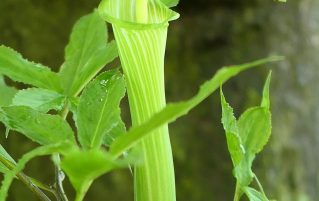
Posted: July 28, 2023
Reproduction is vital for all living things. Over the years, plants have adapted and evolved in some very unusual ways in order to reproduce. They will even trick and trap

Posted: July 21, 2023
There are many transition metals, with many different uses, one of which is titanium. Titanium is the 9th most abundant element in the Earth’s crust – and can be found

Posted: July 14, 2023
Algebra uses letters – and letters and words can be fascinating!! According to the Guinness Book of Records, “set” is the word in English which has the most meanings. Apparently
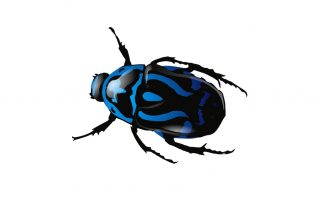
Posted: July 7, 2023
Microscopes have been around for hundreds of years, with the earliest known as “flea glasses” because they were used to observe insects. Insects certainly come in all shapes and sizes

Posted: June 30, 2023
DNA contains the genetic instructions for the development and functioning of a living organism. While there are billions of people in the world, each one unique , we actually share
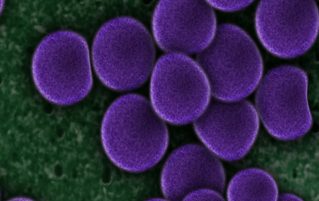
Posted: June 23, 2023
Cells are the building blocks of living organisms, and most of them are so small you cannot see them without a microscope. In 2015, scientists managed to capture detailed microscopy
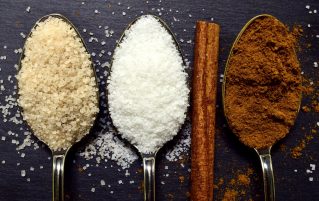
Posted: June 16, 2023
As you will learn in school, different chemical reactions have different rates of reaction, which you need to know how to measure. But have you heard of these weird, wonderful,
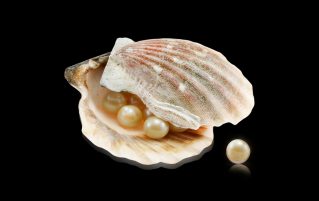
Posted: June 9, 2023
While studying covalent bonding in your science lessons, you will be familiar with graphite, and we have all heard of diamonds. But how much do you know about different gemstones?

Posted: June 2, 2023
In science lessons you will learn that metals and non-metals form salts through ionic bonding. We all use salt in cooking, to flavour our food. Why not read some fun
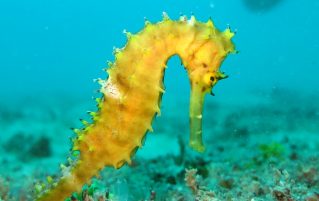
Posted: May 26, 2023
During chemical reactions two or more different substances or elements mix together. They then undergo some sort of chemical change to become a different substance altogether. However, chemicals are also one

Posted: May 19, 2023
If you are taking your GCSE Chemistry exam next week, you may be revising moles and calculations. The concept of moles in chemistry can be tricky. Unlike the moles found
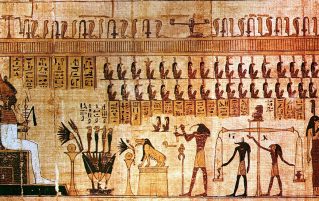
Posted: May 12, 2023
Sequences are everywhere, but before you revise the quadratic nth term, let us continue travelling through the history of maths. Back in Ancient Egypt, around 1550 B.C, a scholar named

Posted: May 5, 2023
Trigonometry, like many areas of Maths and Science, was founded by an Ancient Greek mathematician. However, to continue our history of Mathematics we must travel even further back in time!
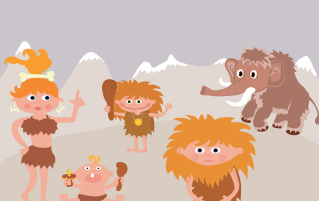
Posted: April 28, 2023
Before you start revising how to complete simultaneous equations -have you ever wondered how and why Maths even came about? The word mathematics actually comes from the Greek language. It
